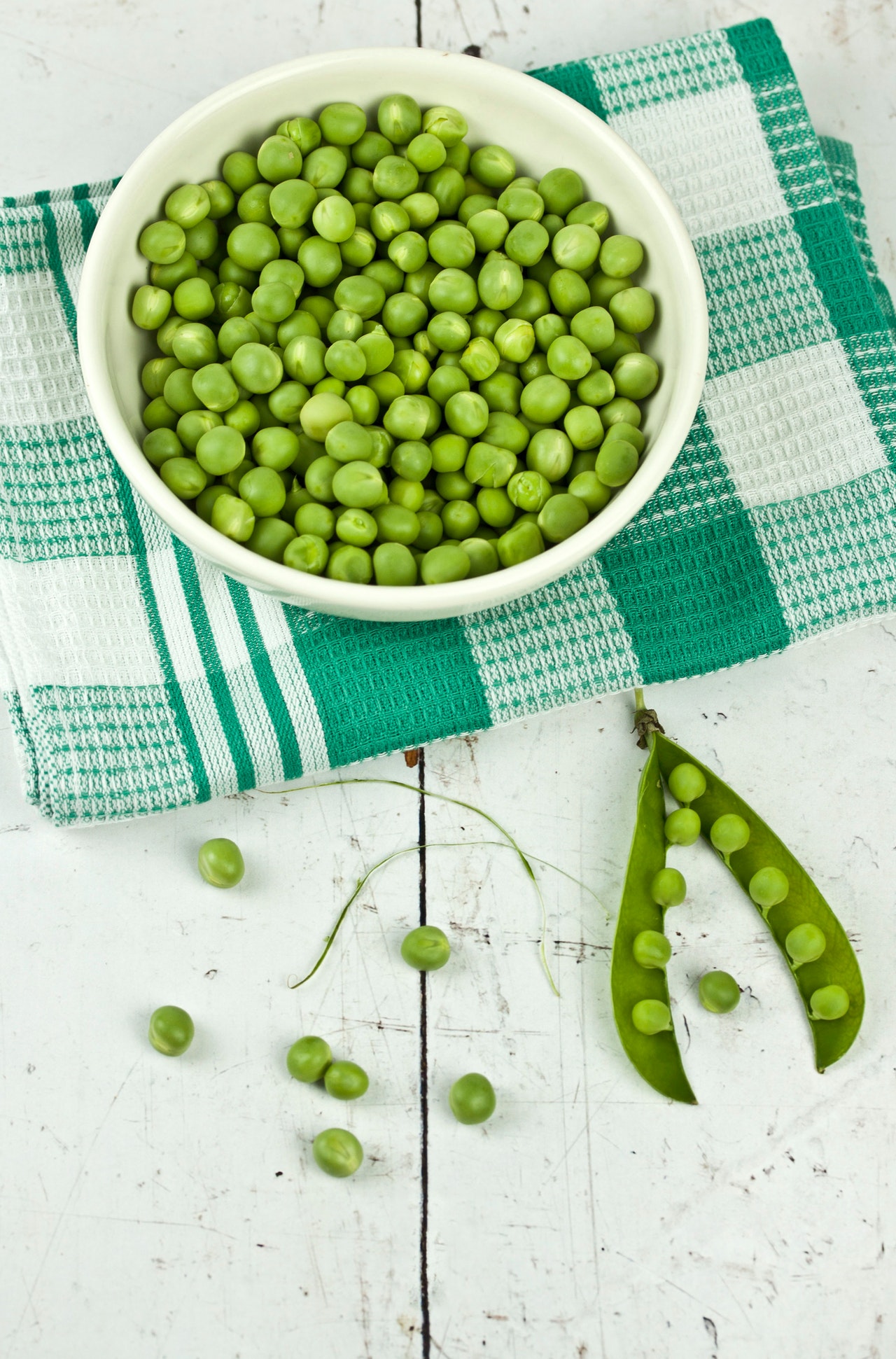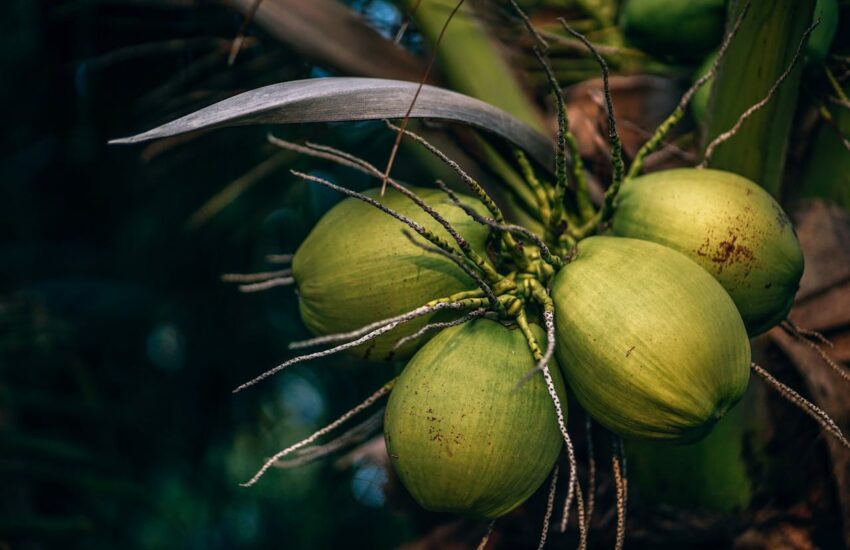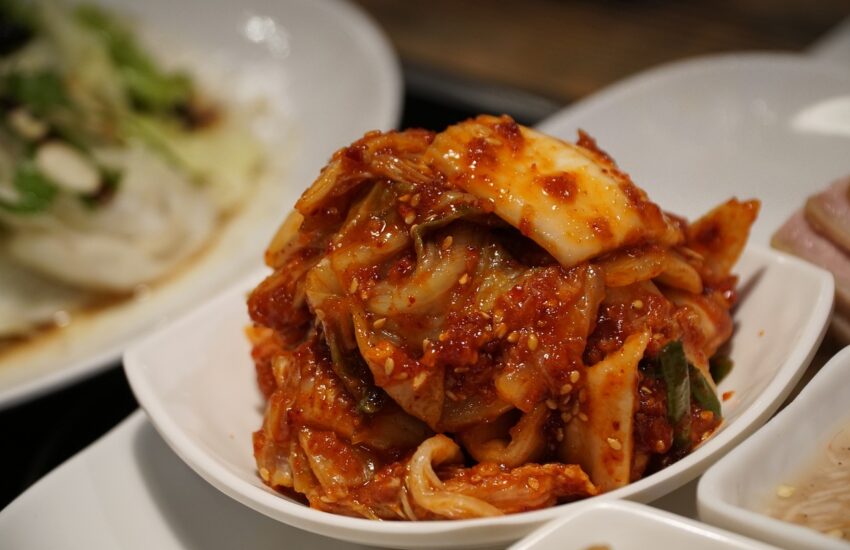4 Reasons To Supplement With Pea Protein

When we talk about protein supplements, there are a few that rise above the rest.
Not necessarily in terms of how they affect muscle-growth, but by how well they adapt to the body and prevent allergic reactions.
Pea protein is one of the best proteins around.
Made from yellow peas, pea protein is typically well tolerated by most people, regardless of pre-existing conditions.
It’s vegan, too, which is a huge benefit for people who have those concerns about using animal products.
Currently, our top-selling product is the Momsanity Mom Fuel Protein Powder NATURAL VANILLA (not just for women).
The primary ingredient of this version of protein powder is pea protein. We have sprinkled in some bovine collagen as well as brown rice powder, so please be aware that this product is not vegan.
But, pea protein by itself, is.
Now, let’s talk about the benefits of Pea Protein so you can consider why it’s a great protein to include in your diet.
4 Good Reasons to Supplement With Pea Protein
In general, protein supplements are a smart addition to a healthy diet.
As you’ll see, pea protein is especially useful as a supplement, and here’s why
1 – It Works Well With Dietary Restrictions:
In 2020, the number of dietary restrictions people have is almost too hard to count.
The good news is protein from peas works with almost any dietary restriction.
As pea protein contains no gluten or dairy and doesn’t contain any of the top 8 food allergens, it’s going to help fit into a diet that requires “clean” sources of protein.
Plus, pea protein is quite agreeable when it comes to consuming it.
Many plant-based proteins don’t blend well with water and leave a gritty or chalky texture.
Pea protein, on the other hand, blends quite easily and “goes down easy”.
2 – Pea Protein Helps Provide A Sense Of Fullness:
One of the big reasons to supplement with any kind of protein is that it will help provide a sense of fullness, (or satiation).
Many people who supplement with protein shakes do so with the express purpose of losing weight.
Pea protein is a dense nutrient, which means it takes your body a long time to break down, and this helps make you feel fuller, longer.
There have been a number of studies showing that high-protein diets help to lower how many calories you consume and can lead to weight loss.
Pea protein is shown to be just as effective at satiation as dairy-based protein powders like casein or whey.
3 – Pea Protein Can Benefit Your Heart:
A healthy heart is essential to good health.
When your heart can circulate blood properly it means you can transport oxygen to cells as well as moving nutrients to their tissues.
Good news is there are studies that support using pea protein can help to benefit your heart.
Studies in animals show that pea protein in the diet can help to support healthy cholesterol levels as well helping to maintain healthy blood pressure.
And other studies with pea protein hydrolysate (a partially digested protein powder that contains smaller protein) have shown that taking pea protein also helps with maintaining healthy blood cholesterol levels.
4 – It Helps to Build Muscle
Easily one of the best reasons to take protein, and easily one of the best reasons people DO take protein supplements is muscle growth.
Now here’s the thing, if you’re a woman concerned with “bulking up” you don’t have to worry about that happening with taking a protein supplement.
Although, if you work out and are looking for those benefits, you can certainly attain them with the help of protein.
The truth is a diet with adequate amounts of protein helps to maintain as well as build lean body mass.
Here’s what HealthLine writes:
“Studies show that pea protein powder can help build muscle when paired with resistance training.
In one 12-week study, weight-lifting men who consumed 50 grams of pea protein per day gained the same amount of muscle as those taking whey protein
This suggests that pea protein powder is just as effective at building muscle mass as more common dairy-based protein powders.
However, adding extra protein to your diet without working out is not likely to have any effect on your muscles — it must be paired with consistent exercise.”



